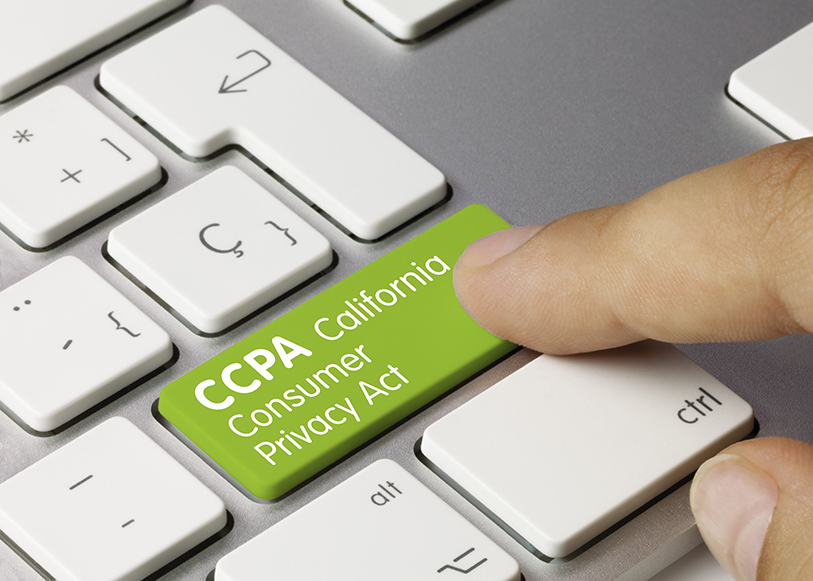Did you receive a California Consumer Privacy Act (CCPA) violation notice from the California Attorney General?
If so, you are among the first recipients of enforcement notices about California’s new privacy law. And because this law has never been enforced before, notices like the one you received are the first of their kind.
Help Other Businesses
As a business owner at the forefront of this, you’re in a unique position to help other businesses predict and comply with the CCPA. If you are willing to answer just five questions in this one-minute survey, you can help California business owners just like you understand, predict and prepare for these new enforcement actions.
We will not ask you for any identifying information, and your answers to just five basic questions about the CCPA notice of violation will go a long way to helping California businesses predict what’s coming around the next corner.
Businesses across California must work together to make CCPA enforcement more transparent and predictable. Among the avalanche of issues that visited us this year, enforcement of the nuanced CCPA remains a looming concern for California businesses.
The CCPA went into effect on January 1, 2020, and required the California Attorney General to begin enforcement on July 1, 2020. Of course, the CCPA made no allowances for the pandemic-induced economic crisis that we continue to endure and gave no discretion to the Attorney General to delay or suspend enforcement.
Despite this, and in addition to the text of the CCPA, the Attorney General’s regulations on the CCPA went into effect on August 14, 2020, and became enforceable immediately.
Sounds like a lot, right? Well it is. And for any businesses trying to survive today, looking at this complex new regulatory landscape is daunting because it’s unpredictable and it’s going to cost money.
Predictability Needed
In reality, most people are not worried as much about the problems they can predict as the problems they can’t predict. And with regard to the CCPA, a little more predictability surrounding enforcement and compliance would go a long way to help California businesses feel confident about their privacy practices.
But CCPA enforcement actions are so difficult to predict because we just don’t know enough about the issue. For example, because the CCPA and its accompanying regulations are new, there is no judicial precedent that businesses can look to for predictability and guidance on compliance.
Similarly, there is no historical record of enforcement actions from the California Attorney General or guidance based on enforcement trends because, again, this is a brand-new law with an even newer set of regulations.
One-Minute Survey
For these reasons, if you received a CCPA notice of violation from the Attorney General’s office, you are in the best position to help us all out by filling out the short survey.
Shoeb Mohammed, Policy Mohammed, CalChamber
CalChamber members can read more about the California Consumer Privacy Act in the HR Library. Not a member? See how CalChamber can help you.





